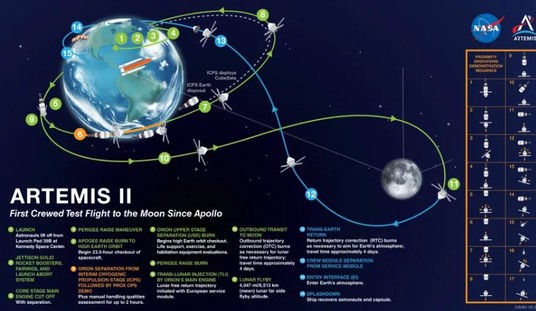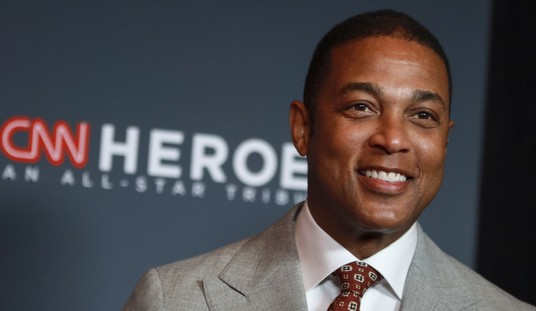They certainly matter to campaigns, and to the media — but do they matter to voters? If so, as the editors at Investors Business Daily point out, it’s another indication that Team Obama is about to have a very bad day next Tuesday:
The Register isn’t the only newspaper to abandon Obama this year after eagerly endorsing four years ago.
In fact, of those major metro dailies that have announced their picks, more than one in five that had previously backed Obama are now pushing Romney, according to a tally by the American Presidency Project. Most, like the Register, had a history of endorsing Democratic presidents. …
Newspaper endorsements may not mean much these days, given their declining readership and influence. But they clearly show the disaffection many liberals have with Obama’s economic stewardship.
And they are a good indicator of where the political momentum lies, which as the election draws near, is clearly with Romney.
I’d agree that this is a pretty good metric for gauging the reaction of the print media to the election, and to Barack Obama’s incumbency. A 20% flip rate seems pretty substantial, given the overwhelming tilt to the left that most dailies have, especially in their editorial boards. Even some of those who have stuck with Obama — the Washington Post comes to mind — didn’t have much praise for the man they ended up backing.
On the other hand, the plethora of e-mails touting these endorsements got me thinking about the value of newspaper endorsements in the Internet Age. Aren’t these somewhat of an anachronism — and more potentially damaging to the newspapers themselves than to those candidates whom they didn’t endorse? In my column for The Week, I argue that editorial boards should take a lesson from the Milwaukee Journal Sentinel:
We live in a far different political and intellectual environment than we did 40 years ago, or even 20 years ago, when the daily newspaper on the front doorstep was the sign of an informed household. Even further gone are the days in most metropolitan areas when which newspaper sat on a stoop indicated the political and social leaning of the household. The newspaper no longer has that kind of cachet; most people get their news a la carte online, from a variety of sources and perspectives, especially when it comes to national and international news. News consumers consider themselves more informed than their local editorial board, and their own perspective as more valuable, especially as they progress from formerly low-information voters to sophisticated followers of current events.
It’s not even clear why newspapers would want to endorse candidates, especially for national office. Instead of influencing their readership in the election, these endorsements tend to serve as little more than red flags to those readers who disagree with them — and undermine their credibility thereafter. The Milwaukee Journal Sentinel reached that very conclusion last week, choosing not to endorse any candidate for president or Senate after receiving a deluge of criticism for its endorsement of Scott Walker in the recall election. Editorial page editor David Haynes explained, “[T]his idea of independence also is a critical piece of our thinking on this matter. … It makes little sense to put our independence at risk during the election season.” While a case could be made for the importance of editorial endorsements in local races, where even the most well-informed voter on national issues might have little insight, the endorsements at the national level would negate the effectiveness of local endorsements by alienating a significant part of their readership.
The Des Moines Register endorsement kerfuffle demonstrated another danger for editorial boards. The day after going public with the fight over whether Obama’s remarks should be on the record, the paper’s front page featured both candidates presented in remarkably different ways. Romney’s picture showed him smiling and shaking hands with an enthusiastic crowd, with a headline underneath remarking on his optimism. Next to that, Obama was pictured scowling over his shoulder in a crowd that appeared decidedly less enthusiastic, with a headline that focused on his negative campaigning from the stump. While the Register might have run that page regardless of the dispute with the president, it nonetheless had the distinct flavor of payback — and arguably undermined their decision to switch from their 2008 endorsement of Obama to Romney in 2012.
The Des Moines Register flap was a good story not because of the endorsement itself, but because of the flap surrounding it. I’ve mostly passed on writing about newspaper endorsements otherwise, even as my inbox fills with announcements of them, because I just don’t find them newsworthy any longer. The only potential value I see in continuing these editorial endorsements is that they are the clearest statement of political action by newspapers we’ll otherwise see … and that may be good for readers, but probably counterproductive for editorial boards.







Join the conversation as a VIP Member